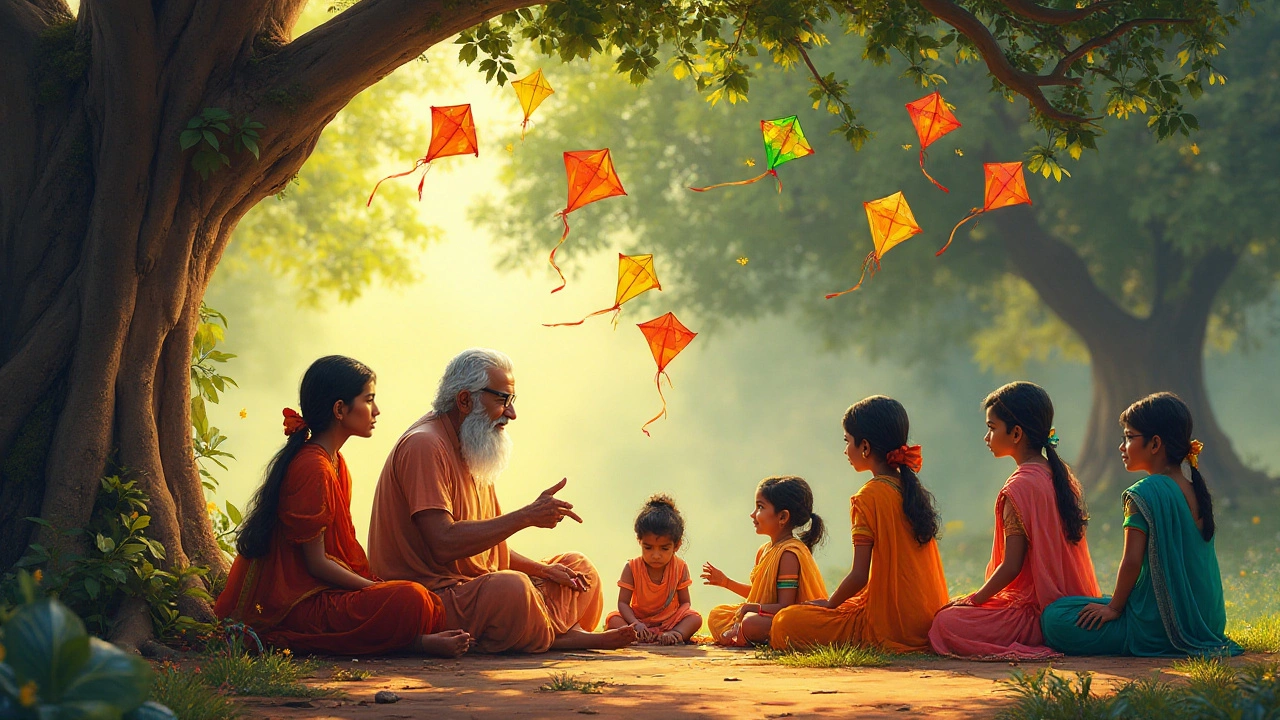Indian Phrases – Meaning, Examples & Everyday Use
Ever heard an Indian phrase and wondered what it really means? You’re not alone. Indian phrases are short sentences or sayings that capture a feeling, a cultural habit, or a bit of wisdom. They pop up in movies, songs, WhatsApp chats, and everyday conversations. Knowing a few of them can make your chats sound natural and help you understand what locals are really saying.
What Counts as an Indian Phrase?
In simple terms, an Indian phrase is any short expression that native speakers use regularly. It can be a proverb, a slang term, or a line from a famous poem. For example, “Jugaad” means finding a clever fix when resources are limited. Another popular one, “Dil se,” tells you to do something from the heart. These phrases often blend Hindi, English, and sometimes regional words, creating a mix that feels fresh and familiar.
Practical Examples You Can Use Right Now
Here are a few everyday Indian phrases that fit most situations:
1. “Timepass” – Use this when you’re just killing time or doing something for fun without a goal. Eg: “We’re just doing a bit of timepass at the mall.”
2. “Chill maar” – Means “relax” or “take it easy.” Eg: “You’re stressing too much, chill maar!”
3. “Bhai, kya scene hai?” – A casual way to ask what’s happening. Eg: “Bhai, kya scene hai this weekend?”
4. “Agar aapko lagta hai” – A polite way to say “if you think…” often used before giving an opinion. Eg: “Agar aapko lagta hai, hum kal milte hain.”
5. “Kya baat hai!” – Shows surprise or admiration. Eg: “Kya baat hai! You finished the project early.”
These phrases are short, easy to remember, and instantly add a local flavor to your speech. Try slipping one into a text or a face‑to‑face chat and see how the reaction changes.
Our tag page gathers posts that dive deeper into specific types of Indian phrases. For instance, the article “Indian Sayings About Dreams” explains how dream‑related sayings reveal cultural beliefs. “Vibe Phrases” breaks down modern slang that’s shaping online conversations. If you’re curious about poetic lines, “What Is a Short Poem Called?” shows you how short verses become everyday sayings.
When you start using Indian phrases, keep a few tips in mind:
Listen first. Notice how friends and family naturally drop these expressions. Imitate the tone and pause they use.
Match the context. Some phrases are casual, others are more respectful. “Jaisa baap, waisa beta” works in a light‑hearted talk, while “Aapka dhanyavaad” fits formal situations.
Don’t overdo it. Using too many at once can sound forced. Pick one or two that feel right for the moment.
Ready to level up your conversation? Pick a phrase from the list above, try it in a chat today, and notice how the vibe shifts. The more you use them, the more natural they’ll feel. Keep exploring our tag page for deeper dives, and soon you’ll speak Indian English with the confidence of a native.
Indian phrases possess a rich history and capture the essence of cultural wisdom passed down through generations. This article delves into some of the most common Indian expressions, providing insight into their meanings and usage. Readers will discover the cultural context and spirit behind these phrases, learning how they can serve as a source of inspiration in daily life. The article promotes an understanding of traditional Indian wisdom and explores its relevance in the modern world.
More